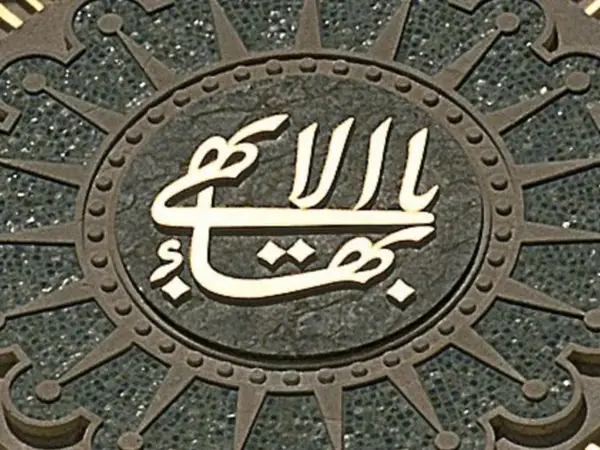Security forces laid siege to a village in northern Iran Tuesday and started demolishing houses and farms belonging to members of the persecuted Baha’i faith.
Simin Fahandej, a spokeswoman for the Baha’i International Community, told Iran International Tuesday that over 200 security forces were deployed to block the roads leading to Roshankouh, a village in Mazandaran Province, and begin demolition of the houses and farms belonging to Bahai’s.
According to Fahandej, security forces arrested some Bahai’s who tried to stop the operations, confiscated mobile phones of some villagers to prevent them from recording videos and publishing them on social media, and warned locals not to take any photos or videos of their operations.
A video posted on social media by the Baha'i International Community Tuesday shows security forces using heavy construction machinery to demolish buildings in Roshankouh.
Since early June security forces and the judiciary of the Islamic have intensified pressure on the followers of the Baha’i faith, raiding over a dozen households, arresting tens including three of the former leaders of the community, and shutting down businesses.
The intelligence ministry claimed on Monday that the arrested Baha’is were linked to the Baha’i Universal House of Justice in Haifa, Israel, and had collected information in Iran and conveyed it to their headquarters. The Universal House of Justice is the nine-member supreme ruling body of the Bahaʼi Faith.
In 2021 fifty Baha’i homes were demolished in the small farming village of Ivel in the same province and the authorities confiscated the assets of 27 Baha’i families who had lived there for several generations claiming that money earned by Baha’is is “unlawfully earned”.
The Worldwide Baha’i Community said in a July 20 statement that Tehran had intensified its systematic campaign to suppress the religious minority in recent weeks, either arresting, summoning to court, putting on trial or closing the businesses of at least 20 Baha'i citizens just in July. Baha'i Religious Minority Says Iran Intensified Persecution Of Members.
Established by Bahaullah in the 19th century, the Baha’i faith initially spread in Iran and parts of the former Ottoman empire and remained mostly confined to Iran and the Ottoman empire until after the death of Bahaullah.
The Baha’i Faith traces its beginnings to the religion of Ali-Mohammad Shirazi, known as the Bab (the Gate), the founder of Babism who claimed to be a messenger of God in southern Iran in 1844. The Bab who said God would soon send a new prophet to mankind was executed for heresy against Islam which considers Muhammad as the last prophet of God.
In 1863 Bahaullah, the founder of Baha’i faith who was banished from Iran and settled in Iraq later, announced that he was the prophet promised by the Bab. The leadership of Baha’is fell to his son Abdul-Baha after his death in 1892 near Acre in present day Israel.
Baha’is believe in Muhammad as a prophet of God, and in the Quran as the Word of God while the Shia clergy consider Babism and the Baha’i faith as heretical sects. Accordingly, Iranian clergy and officials often refer to Baha’is as “followers of the heretical sect”
For nearly three centuries the followers of the Bab and then Bahaullah have been persecuted in Iran to varying degrees and subjected to mob attacks often instigated by the Shia clergy.
Supreme Leader Ali Khamenei has on several occasions called the Baha'i Faith a cult and in a religious fatwa in 2018 forbade contact, including business dealings, with followers of the faith.
Baha'is, who number around 300,000 in Iran, say their rights are systematically violated and they are often harassed, forced to leave their homes and businesses, and are deprived of government jobs and university education.
